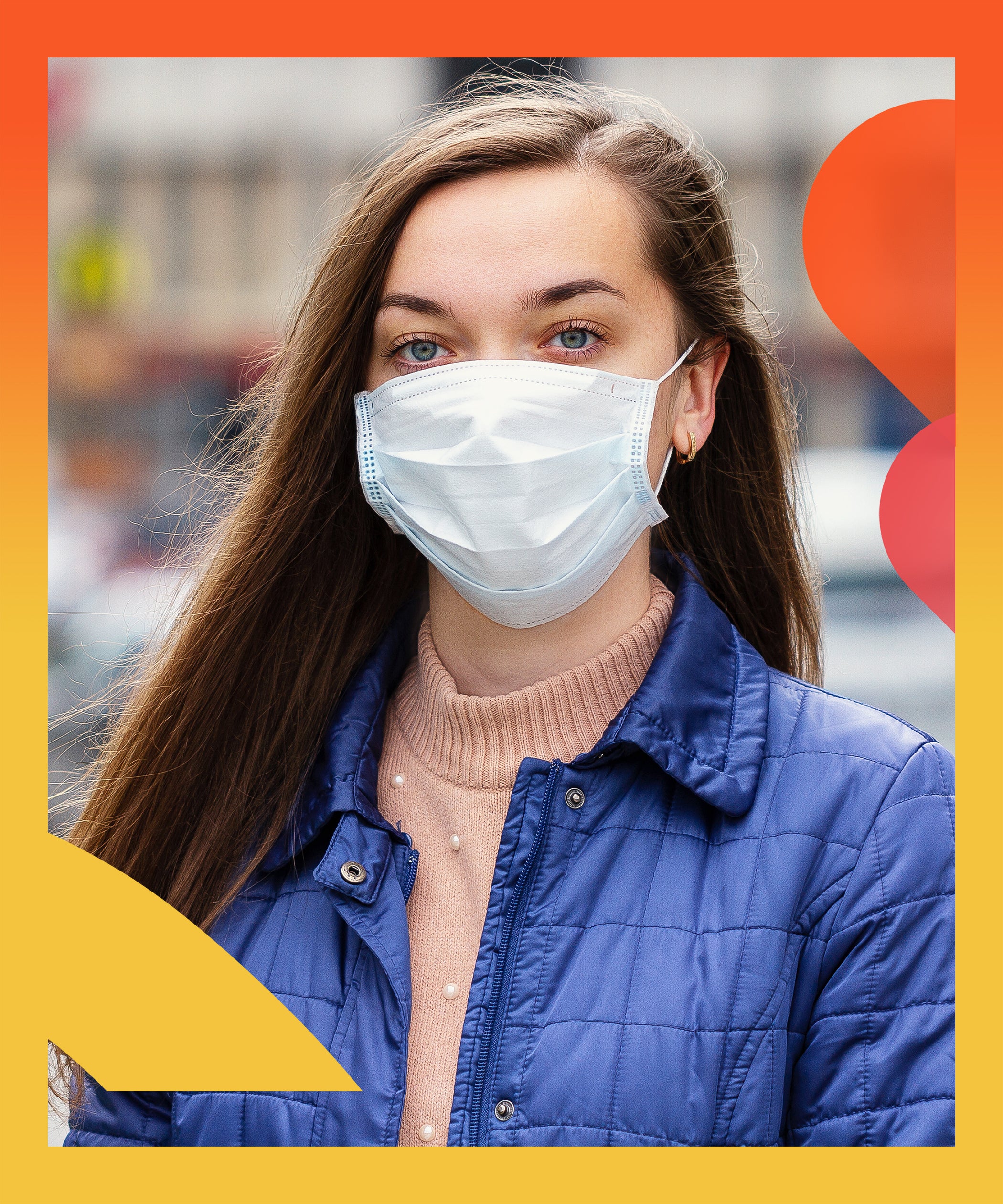CAN FACE MASKS PROTECT YOU FROM CONTACTING CORONA VIRUS?
On 8 April the World Health Organisation said there was no evidence to suggest wearing a face mask outside prevents healthy people from picking up Covid-19. The announcement came following a panel review, which looked at evidence from Hong Kong that suggested widespread use of face masks may have reduced the spread. But in updated guidance the organisation maintained that while masks could help limit the spread of the disease when worn by people with coronavirus, they were insufficient on their own to protect healthy people. Professor David Heymann, of the London School of Hygiene and Tropical Medicine, who chaired the WHO’s scientific and technical advisory group, said that unless people were working in healthcare settings, masks are “only for the protection of others, not for the protection of oneself”. Surgical masks were first introduced into hospitals in the late 1700s but they did not make the transition into public use until the Spanish flu outbreak in 1919.
The masks are designed for use in a clinical setting, such as a hospital ward or theatre, where they are primarily meant for preventing visible sprays or splashes of fluid.
At the height of the outbreak in China, demand for surgical face masks reached 200 million masks a day, reported Reuters. Images on social media show vast numbers wearing them in public and in transport hubs such as airports and train stations where there are large crowds.
The virus has also led to an influx in YouTube tutorial videos showing people how to make their own masks.
In the UK people are also investing in masks as high-street pharmacy Boots reports selling out of their six-pack of “safe and sound” surgical face masks. Amazon has also sold out of a product listed as “anti-virus flu” masks.
Do face masks help protect you?
In February Dr Jake Dunning, head of emerging infections and zoonoses [infectious disease spread between humans and animals] at Public Health England
explains there are a number of reasons why they aren’t effective. “Face masks must be worn correctly, changed frequently, removed properly, disposed of safely and used in combination with good universal hygiene behaviour in order for them to be effective.”
And most of the paper options being worn do not have a respirator to filter out infectious air particles.
If they are not worn properly and are loose fitting it means that bacteria can easily access the nose and mouth. Experts have also warned coronavirus could enter the body through the eyes.
Even when users do comply with these rules initially, research shows if users wear them for long periods of time they gradually become slack and are less likely to do so.
A 2008 study published in the International Journal of Infectious Diseases found “compliance” with proper masks use was less than 50 per cent, meaning half the people in the study did not keep wearing them as directed.
What other research has there been on face masks?
Other public health bodies have also reiterated the message from PHE, with Public Health Wales and the US National Centre for Immunisation and Respiratory Diseases confirming there is insufficient evidence to suggest members of the public should be wearing masks in a bid to protect themselves.
Jimmy Whitworth, professor of international public health at the London School of Hygiene and Tropical Medicine, Said “There’s little evidence they are very effective. They’re more beneficial if you have a virus and don’t want to pass it on than to prevent catching anything.” This corroborates the most recent findings by the WHO.
A 2014 study conducted after the Sars outbreak, where masks were also widely worn in Asia, showed inconclusive results on their effectiveness. “Inconsistent results were found in the systematic review evaluating studies on respiratory protection,” states the report.
What should you do instead to protect yourself?
If people are worried about contracting infectious diseases there are more effective measures to be taken says Dr Dunning including “good personal, respiratory and hand hygiene”.
The WHO advises people to frequently wash their hands with an alcohol-based hand rub or warm water and soap, cover their mouth and nose with a flexed elbow or tissue when sneezing or coughing and avoid close contact with anyone who has a fever or cough.
Anyone over the age of 70, with an underlying health condition or pregnant women, should no longer be leaving the house.
For a period of 12 weeks they should self-isolate and ask family or friends to bring food and shopping when required, says the government.




Post A Comment:
0 comments: